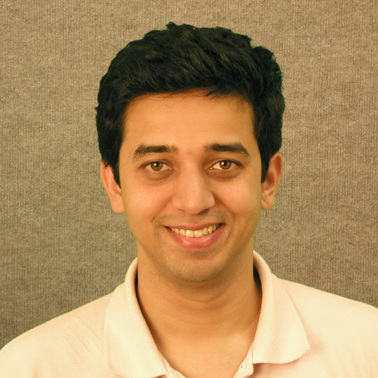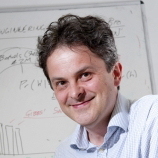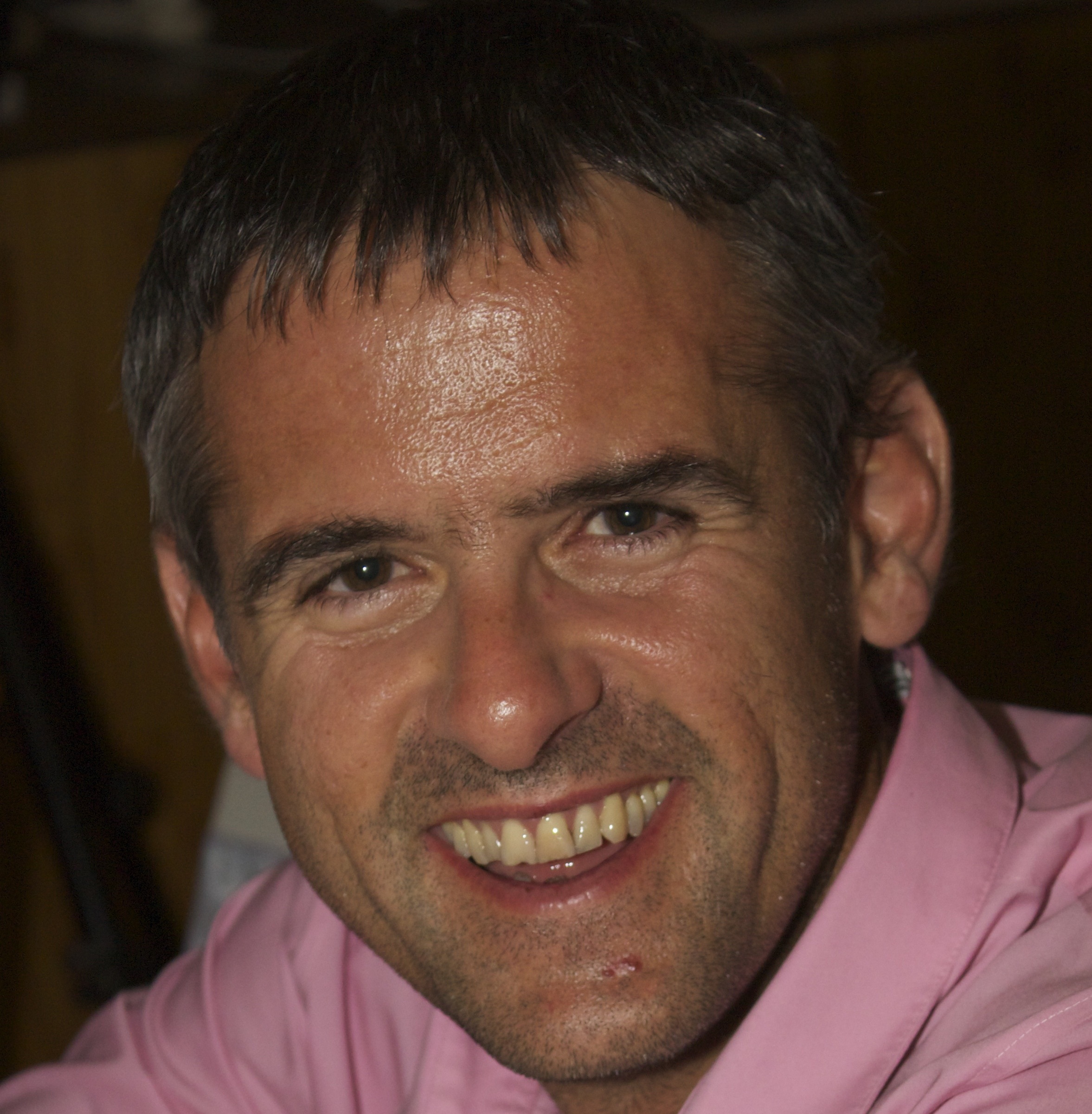LPAR-21 will feature the following invited talks:

Rupak Majumdar, Max Planck Institute for Software Systems, Germany
TITLE: Programming by Composing Filters
ABSTRACT: We present a formal model for event-processing pipelines. Event-processing pipelines appear in a large number of domains, from control of cyber-physical systems (CPS), to large scale data analysis, to Internet-of-things applications. These applications are characterized by stateful transformations of event streams, for example, for the purposes of sensing, computation, and actuation of inner control loops in CPS applications, and for data cleaning, analysis, training, and querying in data analytics applications. Our formal model provides two abstractions: streams of data, and stateful, probabilistic, filters, which transform input streams to output streams probabilistically. Programs are compositions of filters. The filters are scheduled and run by an explicit, asynchronous, scheduler. We provide a transition system semantics for such programs based on infinite-state Markov decision processes. We characterize when a program is scheduler-independent, that is, provides the same observable behavior under every scheduler, based on local commutativity.
SHORT BIO: Rupak Majumdar is a Scientific Director at the Max Planck Institute for Software Systems. His research interests are in the verification and control of reactive, real-time, hybrid, and probabilistic systems, software verification and programming languages, logic, and automata theory. Dr. Majumdar received the President's Gold Medal from IIT, Kanpur, the Leon O. Chua award from UC Berkeley, an NSF CAREER award, a Sloan Foundation Fellowship, an ERC Synergy award, "Most Influential Paper" awards from PLDI and POPL, and several best paper awards (including from SIGBED, EAPLS, and SIGDA). He received the B.Tech. degree in Computer Science from the Indian Institute of Technology at Kanpur and the Ph.D. degree in Computer Science from the University of California at Berkeley.

Stephen Muggleton, Imperial College London, United Kingdom
TITLE: Meta-Interpretive Learning of Logic Programs
ABSTRACT: Meta-Interpretive Learning (MIL) is a recent Inductive Logic Programming technique aimed at supporting learning of recursive programs. A powerful and novel aspect of MIL is that when learning a predicate definition it automatically introduces sub-definitions, allowing decomposition into a hierarchy of reuseable parts. MIL is based on an adapted version of a Prolog meta-interpreter. Normally such a meta-interpreter derives a proof by repeatedly fetching first-order Prolog clauses whose heads unify with a given goal. By contrast, a meta-interpretive learner additionally fetches higher-order meta-rules whose heads unify with the goal, and saves the resulting meta-substitutions to form a program. This talk will overview theoretical and implementational advances in this new area including the ability to learn Turing computabale functions within a constrained subset of logic programs, the use of probabilistic representations within Bayesian meta-interpretive and techniques for minimising the number of meta-rules employed. The talk will also summarise applications of MIL including the learning of regular and context-free grammars, learning from visual representions with repeated patterns, learning string transformations for spreadsheet applications, learning and optimising recursive robot strategies and learning tactics for proving correctness of programs. The talk will conclude by pointing to the many challenges which remain to be addressed within this new area.
SHORT BIO: Prof. Muggleton's career has concentrated on the development of theory, implementations and applications of Machine Learning, particularly in the field of Inductive Logic Programming. Stephen Muggleton's intellectual contributions within Machine Learning include the introduction of definitions for Inductive Logic Programming (ILP), Predicate Invention, Inverse Resolution, Closed World Specialisation, Predicate Utility, Layered Learning, U-learnability, Self-saturation and Stochastic logic programs. Over the last decade he has collaborated increasingly with biological colleagues on applications of Machine Learning to Biological prediction tasks. These tasks have included the determination of protein structure, the activity of drugs and toxins and the assignment of gene function.

Willem Visser, Stellenbosch University, South Africa
TITLE: Probabilistic Symbolic Execution: A New Hammer
ABSTRACT: We introduce Probabilistic Symbolic Execution (PSE), the combination of model counting and symbolic execution, and we show how it can be used to address a variety of problems in software engineering and program analysis. In particular, we will focus on how one can use PSE to take a fresh approach to the analysis of mutations and the connection between coverage and fault detection capability. For mutations we show that reaching a mutation point is often times the most important part when trying to kill a mutant, and, when controlling for the reachability one can determine which operators create hard-to-kill mutations. We also show that the precision of the oracle plays a critical role when determining whether a mutant is hard to kill or not. Next we briefly explore the hypothesis that probability is maybe the missing link to explain when test suites that get certain levels of coverage is correlated with fault detection. Lastly we will also discuss some recent work on the use of probabilistic symbolic execution for doing probabilistic programming and probabilistic model checking.
SHORT BIO: Willem Visser is a professor in the Division of Computer Science at Stellenbosch University. His research is mostly focussed around finding bugs in software. More specifically he works on testing, program analysis, symbolic execution, probabilistic symbolic execution and model checking. He is probably most well known for his work on Java PathFinder (JPF) and Symbolic PathFinder (SPF). He previously worked at NASA Ames Research Center, and SEVEN Networks.